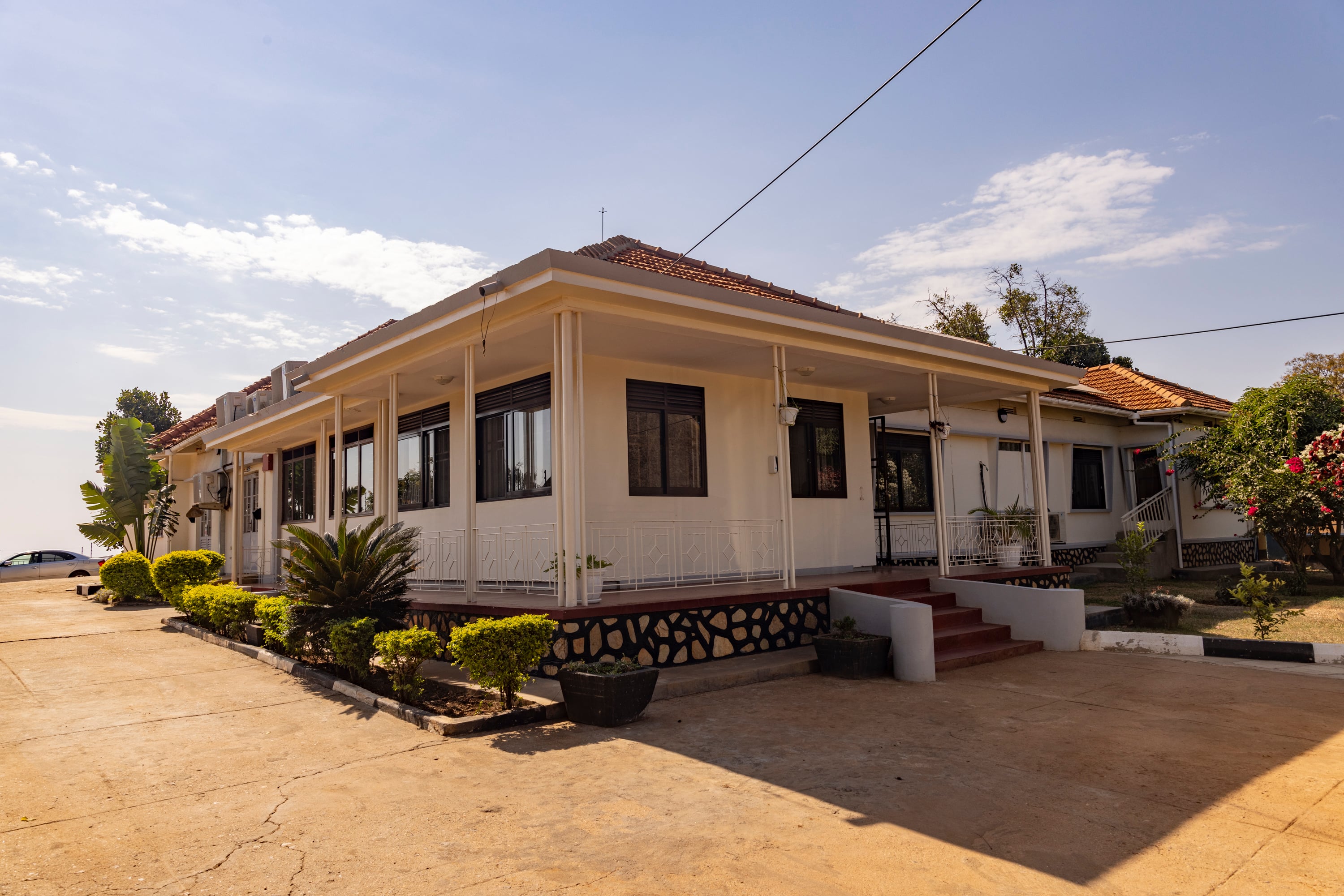GOAL
The overall aim of the station is to provide the best environment and partnerships with local facilities and the community to deliver rigorous clinical trials and other research studies that address local challenges in infectious and non-communicable diseases.
BACKGROUND
The Field station was established in 1994 in Masaka City, south western Uganda with an investment from the MRC, directed towards HIV prevention and treatment studies. Additional funding from other sources over time has facilitated the expansion of the station’s research focus to include other infectious diseases and non-communicable diseases. On average, the station can accommodate up to 10 concurrent clinical studies.
Strong local partnerships have been crucial to the station’s development and impact overtime. These include local government, health facilities and health-focused non-governmental organisation networks that support the effective mobilization of communities for research. The station also enjoys strong research links with the local communities, forged through the establishment and utilization of community-based engagement structures that include a Community Advisory Board.
OUR RESEARCH
Research at the field station includes a robust portfolio of observational studies and the most innovative clinical trials such as those evaluating vaccines for HIV and most recently, COVID-19. The station has contributed to several international landmark studies/trials in HIV including the Masaka Intervention Trial, START and IPM 027.
This has been achieved in part due to a strong communications and engagement program that supports consistent interactions with communities through Community Advisory Boards and Participant Advisory Groups. Consisting of community opinion leaders, these groups provide input into the planning and implementation of our clinical research and serve as members of study management groups.
OUR RESOURCES
The Station has world class clinical research infrastructure and hosts facilities for some of the Unit’s platforms, including Clinical Research & Trials, Clinical Diagnostics and Laboratory Services (CDLS) and Immunology. The facilities include clinic rooms, general pharmacy, vaccine pharmacy, diagnostic laboratory, immunology laboratory, freezer room, waste sterilization room, incinerators and store rooms.
The station provides free HIV counselling and testing services to the surrounding communities and general healthcare services to research participants and sometimes to their partners and/or children.
Staff at the station engage in capacity building initiatives through mentorships for health care personnel and as supervisors in the national internship programme for graduate doctors at Masaka Regional Referral Hospital and other healthcare facilities. Staff also support enhanced research governance at partner institutions, more recently through the establishment of a research ethics committee at Masaka Regional Referral Hospital.
With the support of funders such as the International AIDS Vaccine Initiative and EDCTP and in collaboration with the district health office, the station has contributed to the upgrading and equipping of rural health centres in Masaka district.

